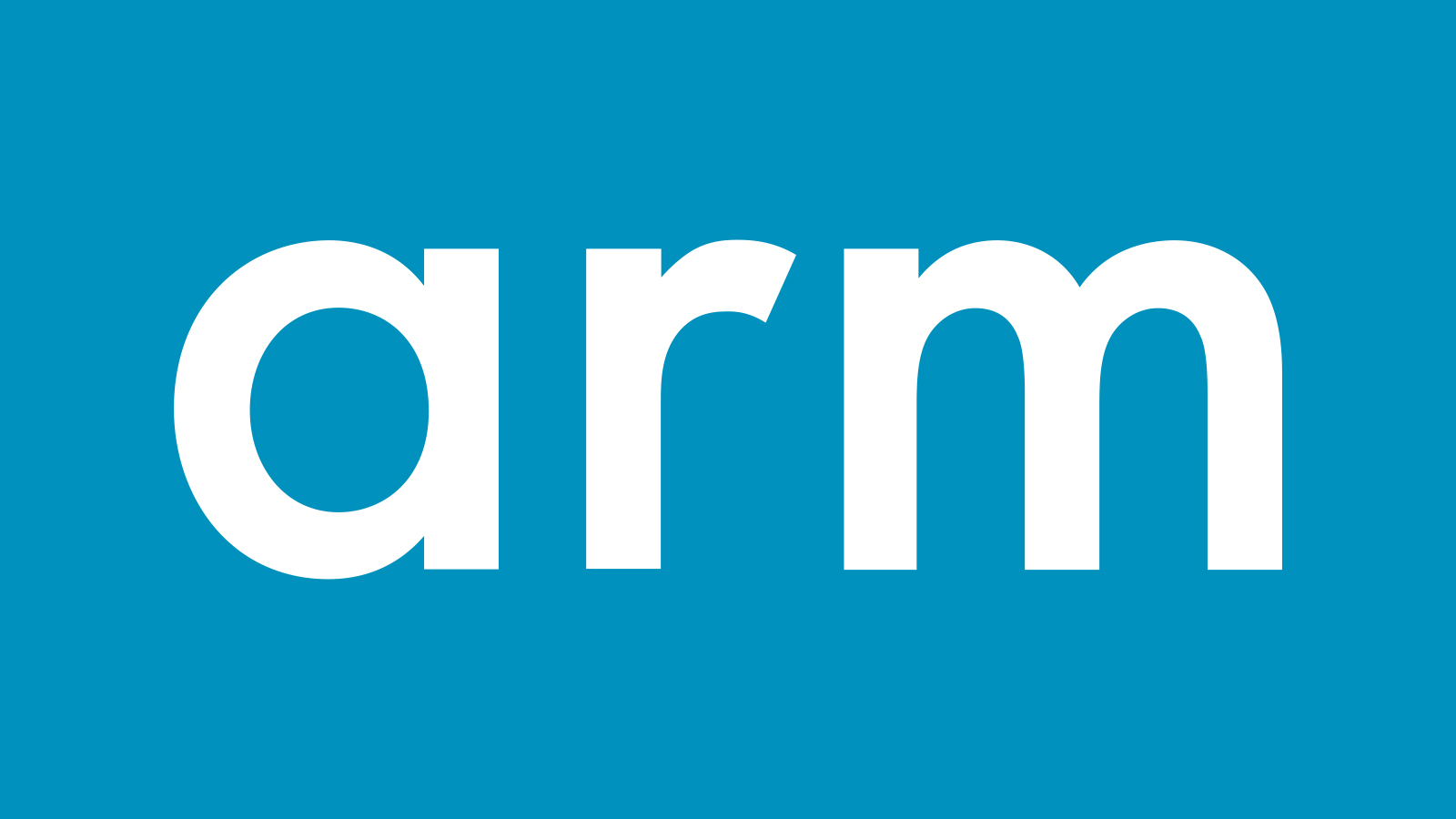
Arm Holdings reportedly approached Intel about acquiring its product division, which develops and sells processors for PCs, servers, and networking gear. Intel declined, stating the division is not for sale, reports Bloomberg.
Arm purportedly was not interested in Intel's manufacturing assets. But there are plenty of reasons to question the claims, with the least of them being whether any such acquisition or merger could get past regulatory agencies. Even if Western agencies ruled favorably, China's regulatory agencies have been unforgiving during the current trade war. That's not to mention that the prospect of Arm buying the holder of a war chest worth X86 patents only further makes this scenario completely unlikely.
Arm's inquiry supposedly targeted Intel's chip product group, aligning with its strategy to expand beyond its traditional smartphone chip design business and grow its presence in personal computers and servers. While the company plans to address PCs and data center platforms, it still has to gain a presence in both markets, so buying its way into them could have some rationale.
With its focus on expanding into new markets, Arm's potential acquisition of Intel's Client Computing Group (CCG) and Data Center and AI (DCAI) divisions would have helped further its strategy to offer more complete products. On the other hand, Intel's client and data center products compete against those developed by Arm's customers using its cores or instruction set architecture, so Arm's existing clients would not be happy with such an acquisition. It would also ensure intense regulatory scrutiny that would likely scuttle such a deal.
Arm, majority-owned by SoftBank Group, has seen its valuation rise dramatically to over $156 billion since going public last year. This growth is fueled by the company's increasing presence in data center CPUs, investor optimism regarding the AI boom, and Arm's ongoing expansion strategy. On the other hand, Intel has seen its market value plummet by more than half this year, with its current valuation at $102.3 billion. As a result, from a market capitalization point of view, Arm is a bigger company than Intel.
Fortunately, the industry does not rely on market capitalization alone. Even after separating or discontinuing multiple businesses (3D NAND, SSDs, Optane drives and modules, network switches, PC modems, pre-built servers, and cryptocurrency mining products), Intel's revenue in 2023 was $54.22 billion, with trailing twelve-month revenue of $55.12 billion. By contrast, Arm's 2023 revenue totaled $2.93 billion, and its TTM revenue is $3.49 billion.
Although Arm's business is growing, its market share is increasing, and Intel's revenue is stagnating as its share in the data center market declines, Intel is still much larger than Arm. Intel's data center group's Q2 2024 revenue of $3 billion is higher than Arm's entire revenue for 2023.
Since Arm is massively smaller than Intel, it cannot buy the blue giant's profitable CCG and DCAI product units. As a result, there is doubt that Arm has even approached Intel about this potential transaction. On the other hand, if Intel would like to buy Arm, one good way to do so would be a reverse takeover.
But there is a major problem with this idea. It should be noted that Arm has its own instruction set architecture that it develops and licenses and this ISA competes against Intel's x86. Intel has developed x86, and currently, just a few companies have a license to design and sell x86 processors: AMD, Via Technologies, and Zhaoxin (which got it from Via Technologies due to the Centaur transaction). While technically AMD, Via, and Zhaoxin can contribute to the development of x86, Intel remains the biggest maker of x86 processors and x86 contributors. That said, if Arm is to buy Intel (or Intel takes over Arm via a reverse takeover), the transaction would face enormous scrutiny from antitrust regulators as the new entity would control two of the world's most used ISAs.







